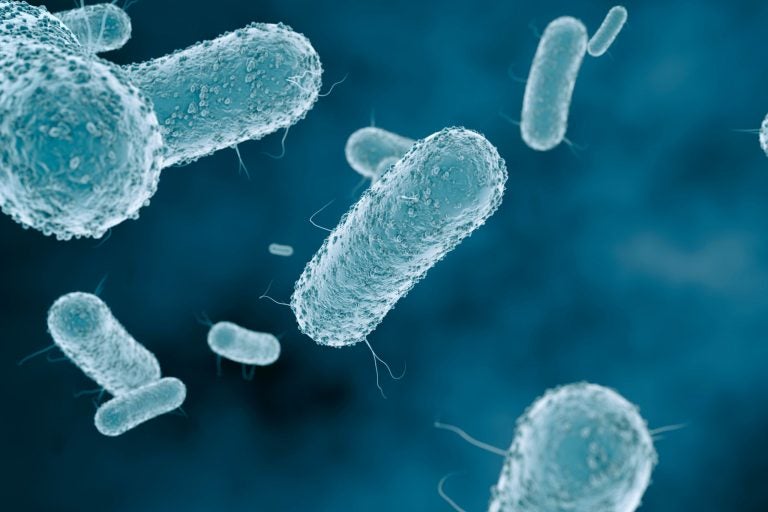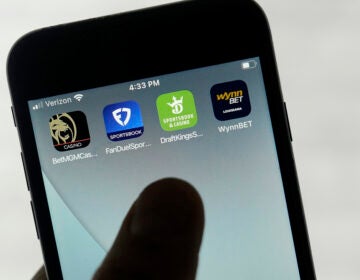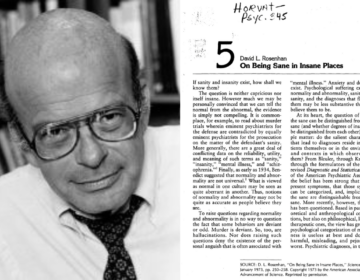The Aftermath of Viruses
Listen 49:10
(Dice Images/Big Stock)
Left to their own devices, viruses are pretty much helpless. They need cells to infect in order to replicate. But they’re sneaky — many of them also manage to stick around long after we think they’re gone. When the immune system sets out to kill infected cells, many viruses hide and continue to cause problems. This aspect has come into much sharper focus during the pandemic, with thousands of people suffering serious symptoms months after first being diagnosed with COVID-19.
On this episode, we explore viruses — how they affect our bodies, and what happens when they stick around. We hear from a physician who’s treating long-haul COVID-19 patients, and find out from an immunologist how viruses manage to avoid and evade our body’s defense system. We’ll also explore how new research into the after-effects of viruses could benefit many people who are suffering with other little-understood conditions.
Also heard on this week’s episode:
- What fascinated immunologist Carolina Lopez about viruses is how they are simultaneously so powerless and mighty. They can’t do anything without cells to infect — but once they manage to do that, they can inflict so much damage. Carolina explains what we know about how viruses manage to evade the body’s immune system, and what their continued presence could mean.
- What can be done for the long-suffering COVID-19 long-haulers? We talk with internist Neda Frayha about how she is helping patients who are coming to her with this post-viral illness.
- Viruses are always inside of our bodies, infecting our cells. Researcher Eric Delwart explains how sometimes that can work to our advantage.
WHYY is your source for fact-based, in-depth journalism and information. As a nonprofit organization, we rely on financial support from readers like you. Please give today.






